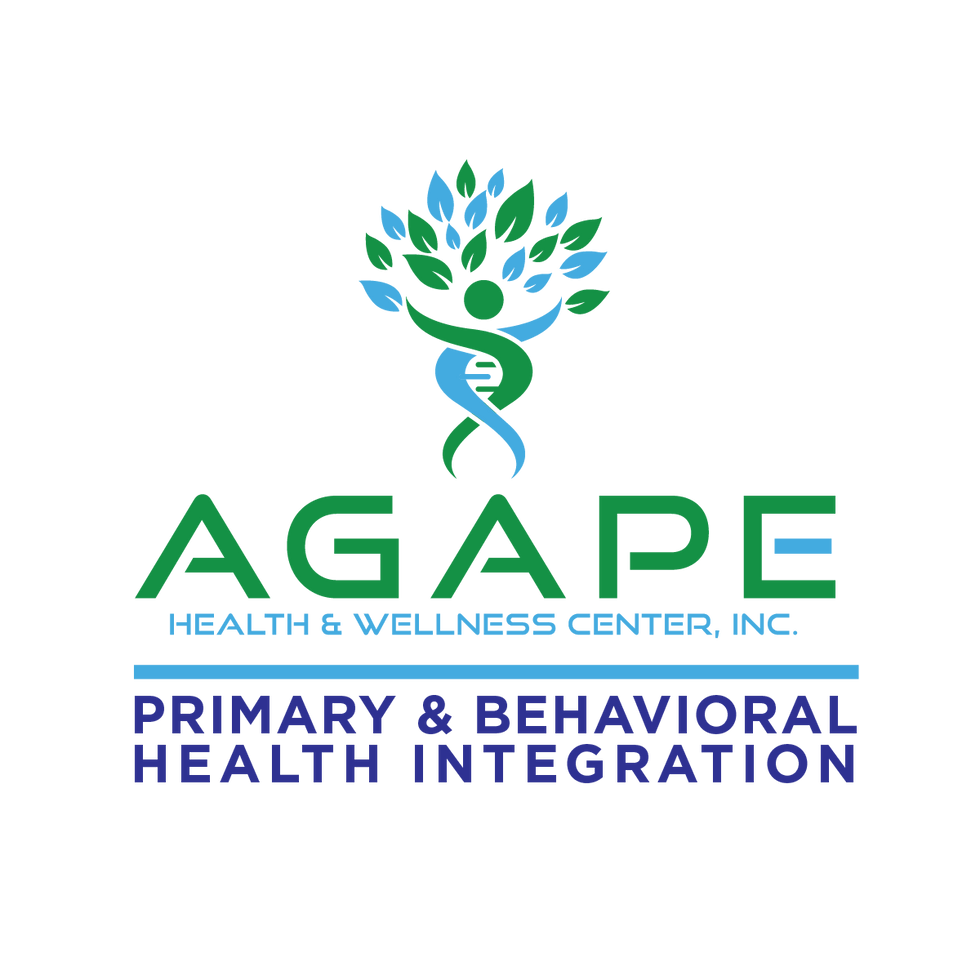
What Is Children’s Behavioral Health?
Children’s behavioral health refers to the emotional, social, and behavioral well-being of children and adolescents. It includes how kids:
-
Manage emotions (like anxiety, anger, sadness)
-
Form relationships (with family, friends, teachers)
-
Behave in different settings (home, school, community)
-
Cope with stress and major life changes
-
Develop social and problem-solving skills
It covers both mental health (e.g., anxiety disorders, depression, ADHD) and behavioral challenges (e.g., aggression, defiance, trouble following rules).
Why it matters
Healthy behavioral development helps children:
-
Do well in school
-
Build strong friendships
-
Develop self-esteem
-
Become resilient adults
Supports and services
Children’s behavioral health services often include:
-
Therapy or counseling
-
Behavioral intervention programs
-
Family therapy
-
School-based supports
-
Psychiatric care, when needed
If you want, I can also explain:
-
Common behavioral health issues in kids
-
Signs a child may need help
-
Available resources in your area
-
Differences between behavioral and mental health
Common Mental Health Issues in Children
While every child is unique, some of the most common mental health concerns that children may face include:
-
Anxiety: Worries or fears that may manifest as panic attacks, social withdrawal, or excessive fears of separation from parents.
-
Depression: Persistent sadness, withdrawal, irritability, and a loss of interest in activities they once enjoyed.
-
Attention-Deficit/Hyperactivity Disorder (ADHD): Difficulty with attention, focus, impulse control, and hyperactivity that affects academic and social performance.
-
Behavioral Disorders: Aggression, defiance, or difficulties with authority that may indicate oppositional defiant disorder (ODD) or conduct disorder.
-
Trauma and PTSD: Reactions to traumatic experiences, such as abuse or the loss of a loved one, that can manifest as nightmares, anxiety, or withdrawal.
-
Autism Spectrum Disorder (ASD): Social communication difficulties, restrictive behaviors, and unique strengths or interests that require specialized support.
Children Mental Health Treatment Options
At Agape Health & Wellness Center in Jacksonville Florida, we understand that children's mental health is a vital part of their overall well-being. Our dedicated team of pediatric mental health professionals provides comprehensive, compassionate, and individualized care designed to support your child’s emotional, psychological, and social development. We offer a variety of evidence-based treatments that help children overcome challenges, build resilience, and develop healthy coping skills.
1. Individual Therapy for Children
Our licensed therapists specialize in providing one-on-one therapy tailored to meet the unique needs of each child. Using play therapy and talk therapy techniques, we help children express their feelings, identify their challenges, and develop strategies for coping. Through these sessions, children learn to build emotional intelligence, manage anxiety, and overcome stressors in their daily lives.
2. Cognitive Behavioral Therapy (CBT)
Cognitive Behavioral Therapy (CBT) is an effective, structured treatment for a variety of mental health conditions such as anxiety, depression, and behavioral issues. CBT helps children identify and challenge negative thoughts and beliefs, replacing them with healthier, more realistic thinking patterns. Our therapists work with your child to develop problem-solving skills and increase their confidence in managing difficult emotions.
3. Family Therapy
Mental health struggles affect the entire family, and family therapy is often an essential part of the treatment process. Our therapists work with parents and children together to improve communication, address family dynamics, and provide strategies for supporting your child’s mental health at home. Family therapy helps strengthen bonds and creates a supportive environment that fosters emotional growth.
4. Play Therapy
For younger children, play therapy is a powerful way to help them express their thoughts and emotions in a safe and structured setting. Through play, children can work through trauma, anxiety, grief, and other emotional challenges. Play therapy uses toys, games, art, and other activities to help children process difficult emotions and develop healthy coping mechanisms.
5. Behavioral Therapy
Children exhibiting disruptive behaviors, such as defiance, aggression, or difficulty following rules, can benefit from behavioral therapy. This treatment focuses on reinforcing positive behaviors and reducing undesirable ones by setting clear expectations, offering rewards, and using structured approaches to discipline. Our therapists work with both children and parents to establish consistent strategies for managing behavior at home and in school.
6. Trauma-Informed Care
Children who have experienced trauma, such as abuse, neglect, or the loss of a loved one, may struggle with symptoms of PTSD (Post-Traumatic Stress Disorder) or other emotional challenges. At Agape Health & Wellness Center, we offer trauma-informed care, which takes into account the impact of trauma on a child’s mental health and helps them process their experiences in a safe, supportive environment. Our trauma-focused therapies guide children through healing, offering tools to cope with overwhelming emotions and memories.
7. Social Skills Training
For children who struggle with social interactions, social skills training is a key component of treatment. These sessions help children develop the ability to navigate friendships, understand nonverbal cues, and build healthy relationships. By improving communication and emotional regulation, our social skills training helps children feel more confident and comfortable in social settings.
8. Parent Education and Support
At Agape Health & Wellness Center, we believe that parents play a crucial role in their child's mental health journey. We offer parent education and support services to help you understand your child’s condition, learn effective parenting strategies, and provide the support your child needs at home. We work closely with parents to ensure a collaborative approach to treatment and long-term success.
9. Group Therapy for Children
In some cases, group therapy may be an effective option for children who would benefit from learning in a group setting. Our group therapy sessions provide children with a safe environment to connect with peers who may be experiencing similar challenges. This fosters a sense of community, reduces feelings of isolation, and allows children to practice social and emotional skills in a supportive setting

Collabration

Efficiency & Effectiveness

Innovation & Growth

Integrity


